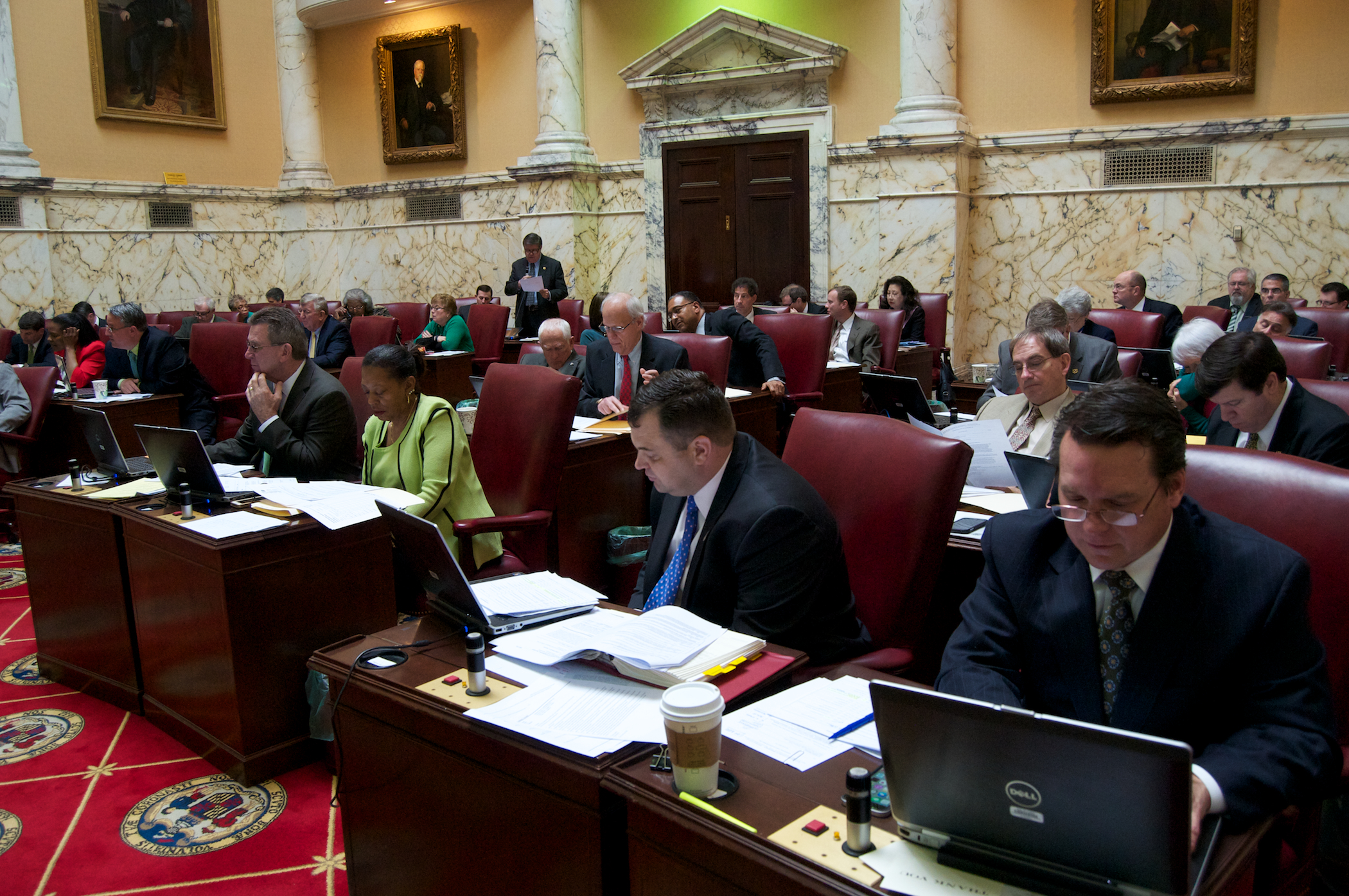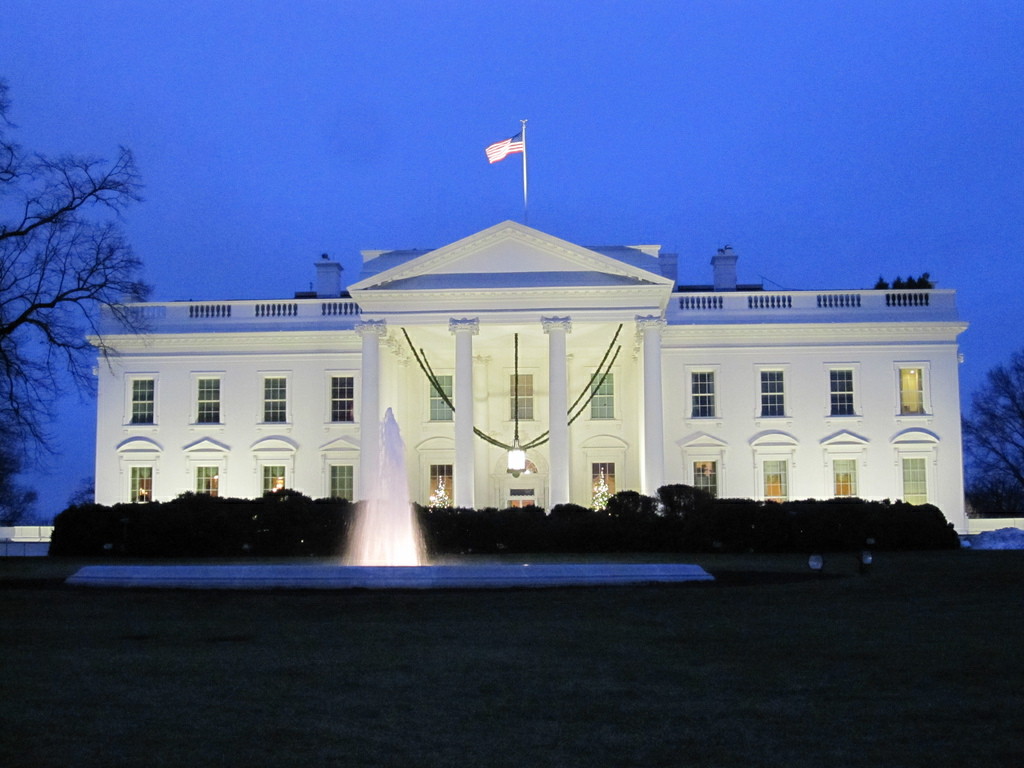By Barbara Pash
For MarylandReporter.com
The development of the Owings Mills Metro station is resuming after a three-year-long delay. The dispute that halted work on the projected $220-million transit-oriented development has been resolved, said Don Mohler, spokesman for Baltimore County Executive Jim Smith. Ground-breaking is expected this spring.
Gov. Martin O’Malley has been pushing for transit-oriented development, and in June, he designated 14 metro stations in the state for intense development. The only site in Baltimore County is Owings Mills.
The state has already poured considerable money into Metro Centre at Owings Mills. In 2000, it committed $15 million and Baltimore County $13 million for planning, parking garages and infrastructure.
The state transportation department owns the 47-acre Owings Mills metro site off I-795. In 2005, the Board of Public Works board approved a 99-year lease agreement with the developer, Owings Mills Transit LLC.
The developer must pay the state $500,000 a year in ground rent, going up 2% each year, which will allow the state to recover its costs, said Erin Henson, deputy director of public affairs in the Transportation Department.
Owings Mills Transit is comprised of Willard Hackerman’s Whiting-Turner Contracting Company and David S. Brown Enterprises.
The Owings Mills metro plan calls for three parking garages, a building that combines space for a public library and the Community College of Baltimore County, as well as retail and office space, apartment buildings, and a 10-story hotel.
Owings Mills Transit built one of the parking garages, to replace the current metro parking lot on which the combination building will be located. In 2007, the county and developer disagreed over the size and $16.7-million cost of this building, which Baltimore County will finance. So far, only the single parking garage has been erected.
“The county has an agreement in principle with the developer,” Mohler said. “Both sides are working to get that agreement in the form of contract documents. We hope to get that proposal to the [Baltimore] County Council this fall, and we fully expect the County Council to approve it. We hope to break ground for the library-CCBC building this spring.”
Over the last three years, O’Malley has backed and signed a series of bill to encourage transit-oriented development.
The bills gave local governments greater flexibility and authority to use tax-increment financing and special taxing districts to finance TOD infrastructure; designated the 14 TODs; and made the TODs eligible for the 10% state sustainable communities tax credit.
The Maryland Economic Development Corporation, a quasi-public company that issues bonds, was authorized to issue revenue-backed bonds for the Owings Mills metro project to be paid off from the earnings of future development.
Executive director Robert Brennan said MEDCO and Baltimore County are working out the details. “Bonds have not been issued and amounts have not been finalized,” Brennan said.
Henson expects more transit-oriented projects to be announced. Besides the already-designated 14 metro stations, she said, “We are working with communities for the next wave” of TODs.






Recent Comments